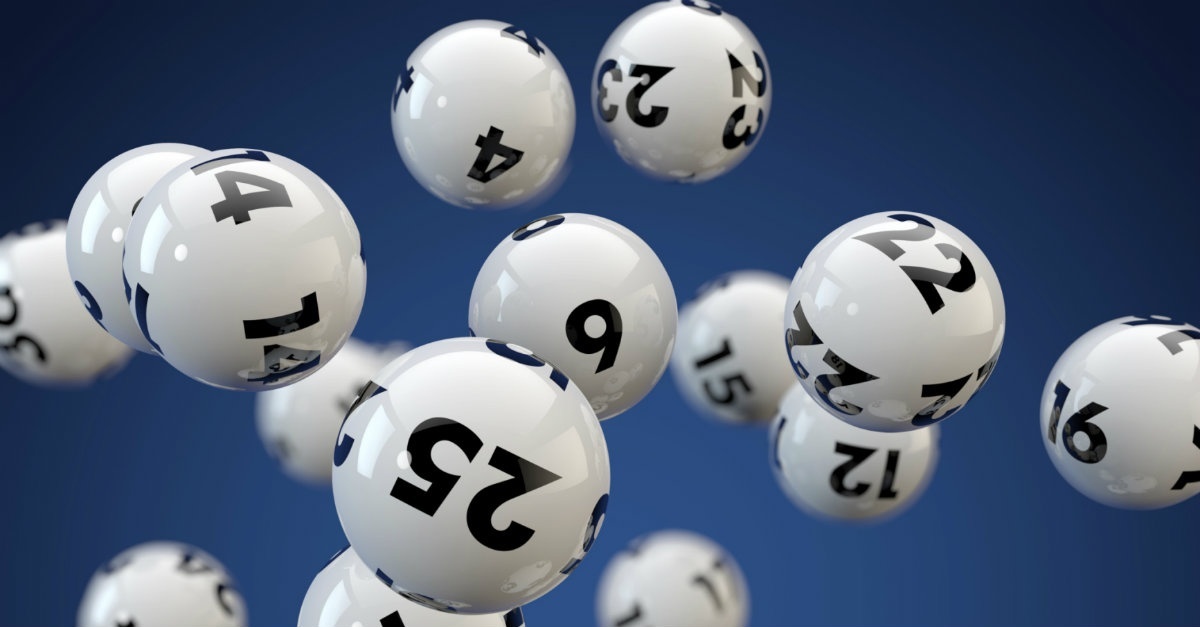
The question of whether people are liable to prosecution while playing the lottery can be answered neither “No” nor “Yes”. Every player is in a grey area. This applies not only to the lottery but also to almost all other games of chance. This situation – which at first glance appears inexplicable and thus seemingly untenable – is caused by the fact that German legislation is contrary to the European principles of freedom of competition and the standardization of life situations.
Uniform rules for gambling
In order to understand the unsatisfactory situation for lottery players, the State Treaty on Gaming – also known as the State Treaty on Gaming or the GlüStV – must be examined in more detail. The State Treaty on Gaming came into force on 1 January 2008. As the name suggests, this is a treaty that was concluded between all German states and was intended to create a uniform national framework for the regulation of games of chance. Previously, it was the responsibility of the federal states to regulate gambling, so that each state was in a position to establish its own rules. The unification of the rules was only made possible by the creation of the State Treaty on Gaming.
But what is the aim of the State Treaty on Gambling?
The aim of this State Treaty is primarily to limit gambling offers and to ensure the proper implementation of licenses already issued. This is intended to exclude from the outset so-called fraudulent activities or consequential and accompanying crimes of illegal games of chance. In particular, however, the prevention of addiction risks and their development are in the foreground, especially among children and young people, in order to be able to guarantee player protection here too.

State Treaty on Gambling – a lot of money in the state coffers
However, in December 2011 it was decided to repeal the original treaty, as the prime ministers had not decided to continue the treaty on this date. The EU Commission took the view that there were contradictory regulations. As a result, suggestions for improvements were discussed between the federal states, which led to a State Treaty on the Change of Gambling, which was also signed by the federal states, except Schleswig-Holstein, in December 2011. Among other things, this contract ended the ban on the distribution of lottery tickets on the Internet and gave free rein to operators of cross-border lottery jackpots. This State Treaty has been in force since 1 July 2012 in its current version.
Schleswig-Holstein was the only federal state to have drawn up its own laws for the new regulation of gambling and thus triggered a hotly debated debate, which earned it the name “Las Vegas of the North”.
The dispute over lotto monopoly
However, the EU is still calling for improvements. The monopoly position of the individual federal states continues to prevail and the actual goal of addiction prevention among children and young people – but also among adults – is no longer clearly discernible.
Although there is now also an amendment law, the event and participation in a game of chance are prohibited. Even the German Criminal Code prohibits participation in unlicensed games of chance. However, this is not compatible with European principles. Thus, the lottery player still remains in a grey area.
https://www.youtube.com/watch?v=kFBuesbB63U
However, Brussels attested to the progressive thinking of the federal states in the implementation of a State Treaty on Gambling. But one thing is certain: the federal states will not want to do without their lotto monopoly, even if the EU Commission continues to criticise this. One of the first points of criticism is always the reference that the federal states have not explained clearly enough how guidelines based on EU law and the European Court of Justice have been implemented.





